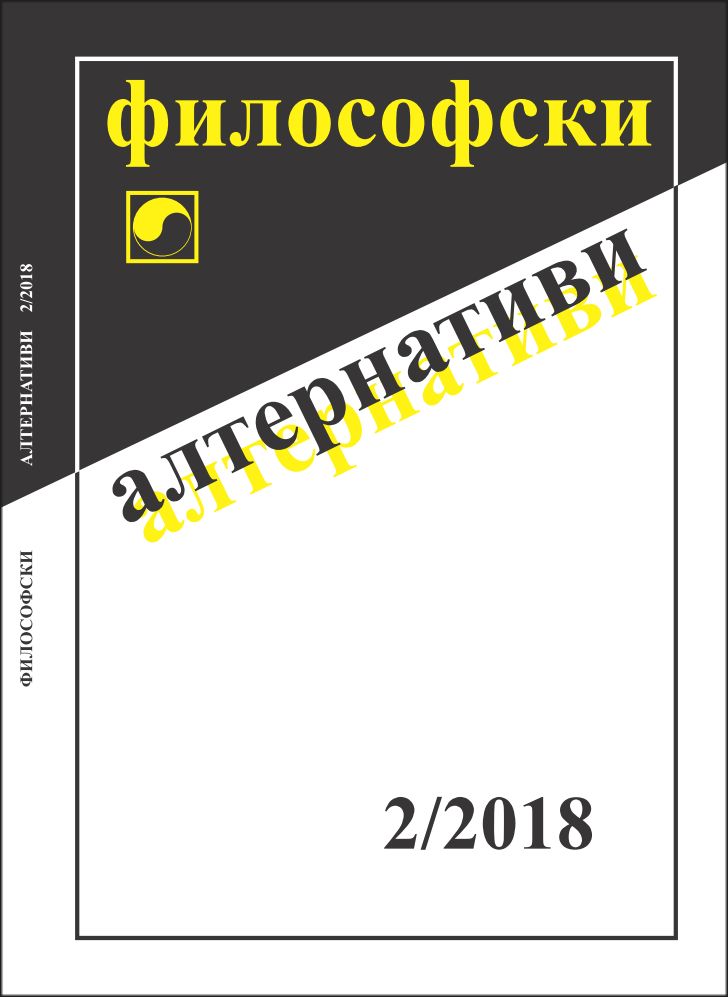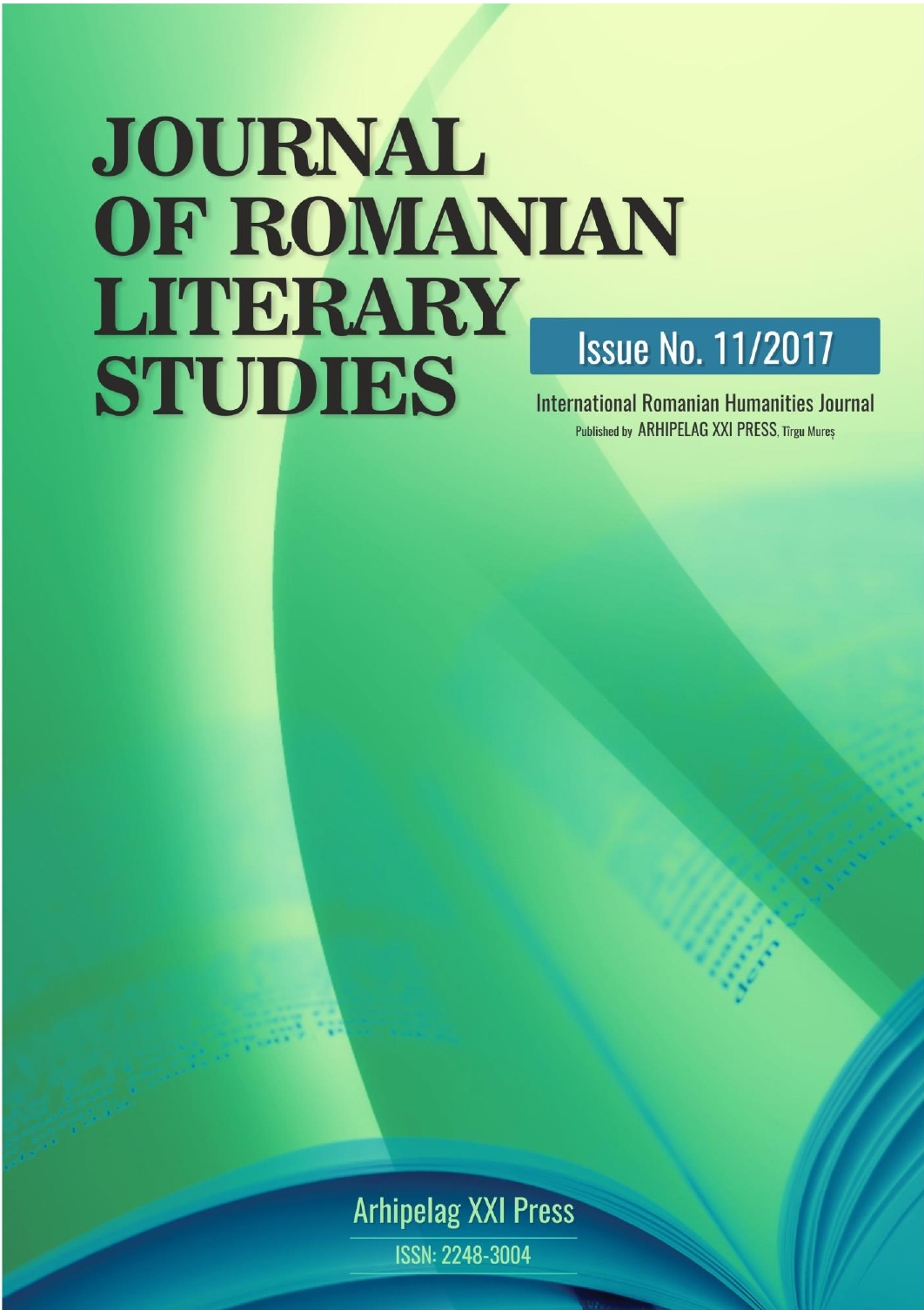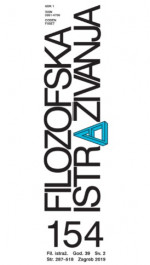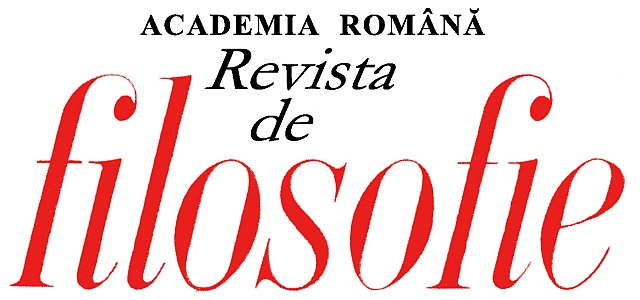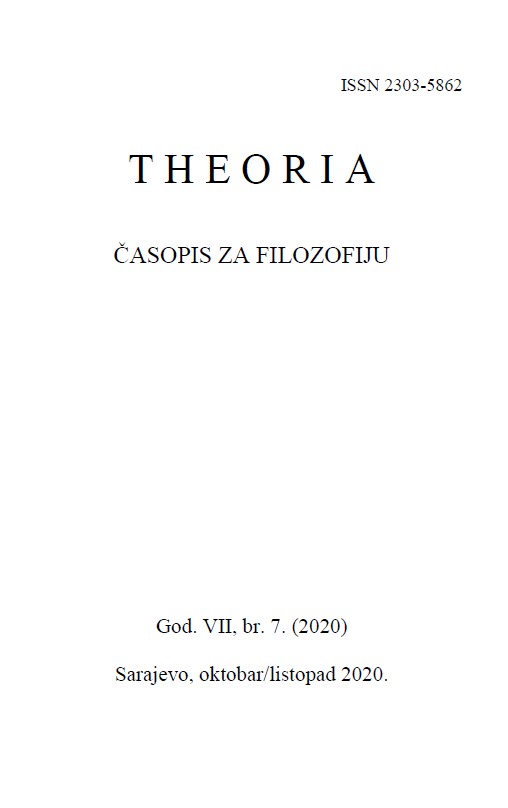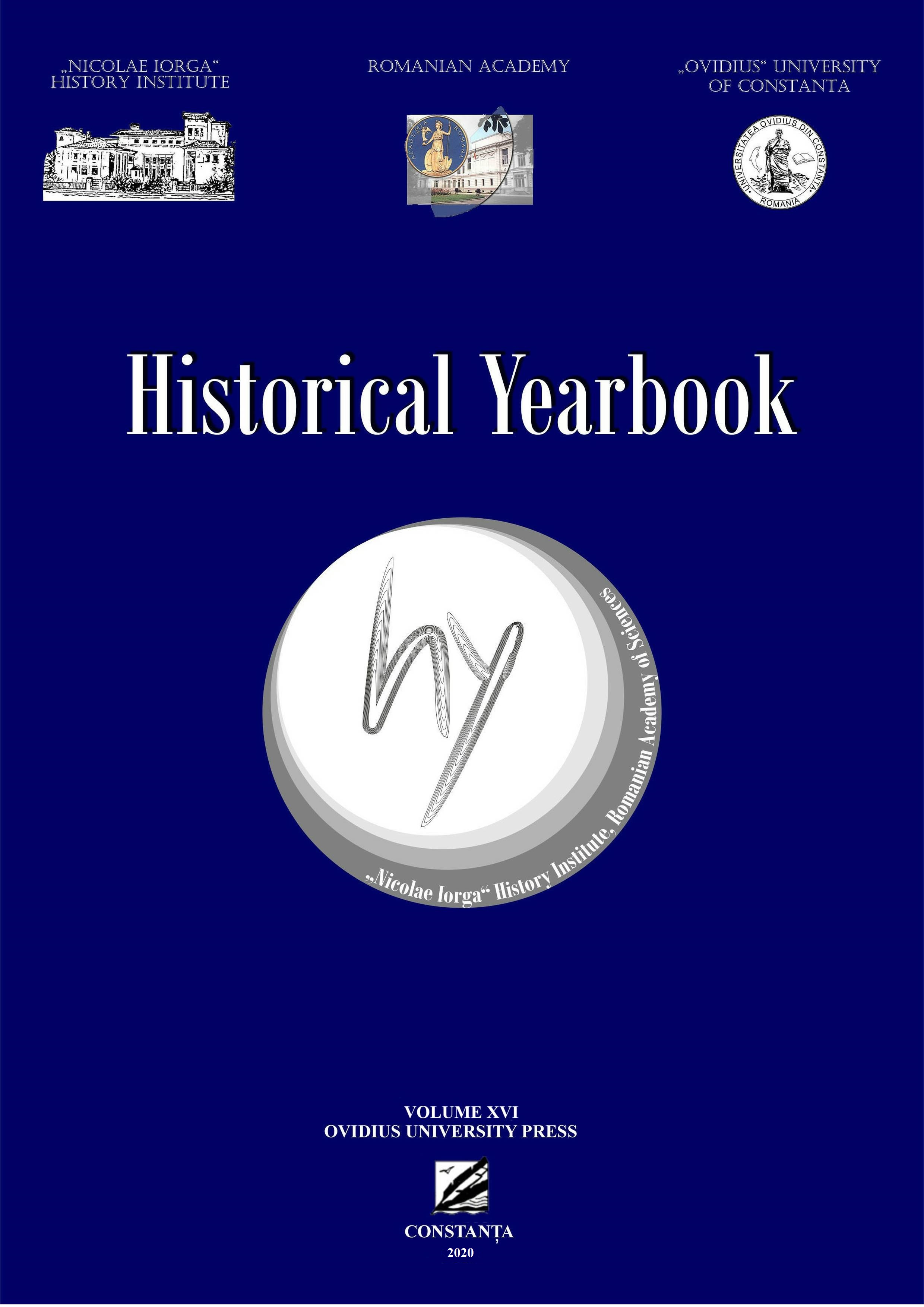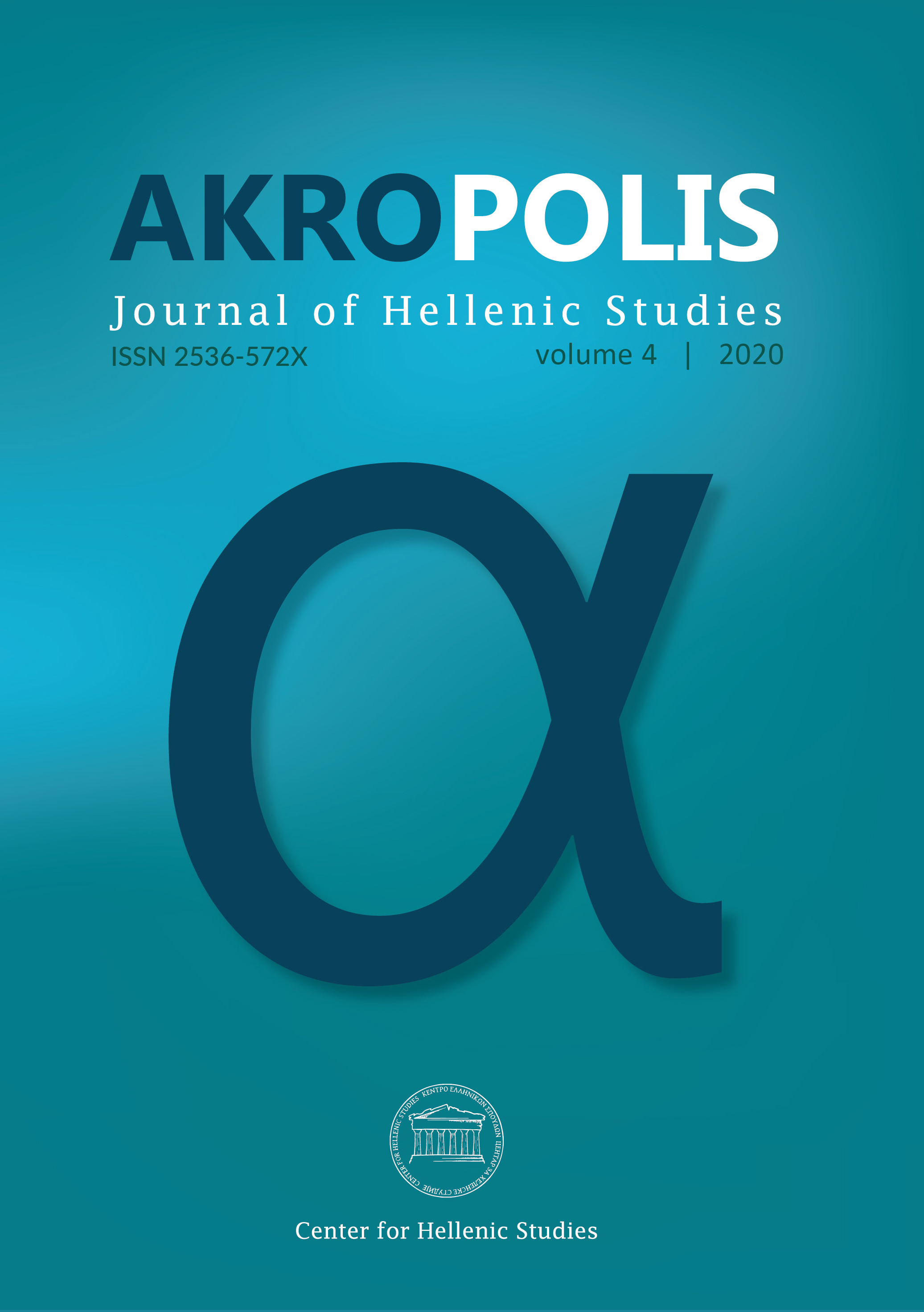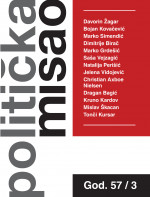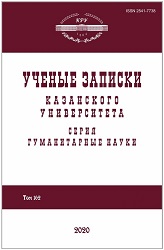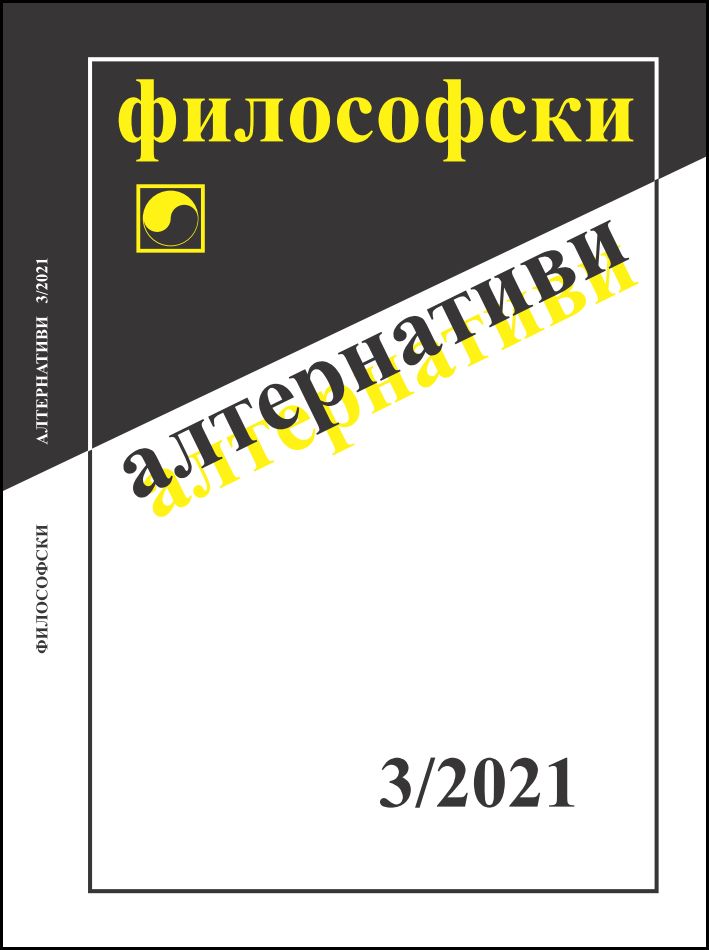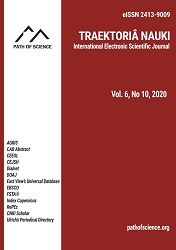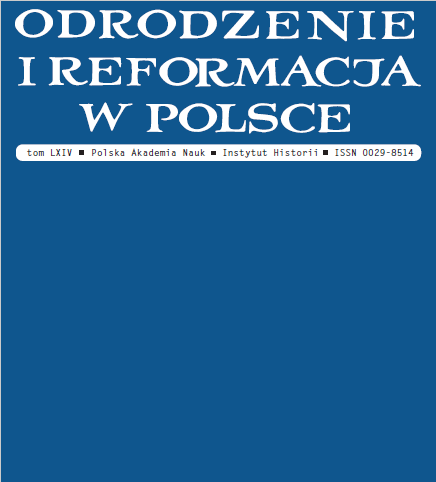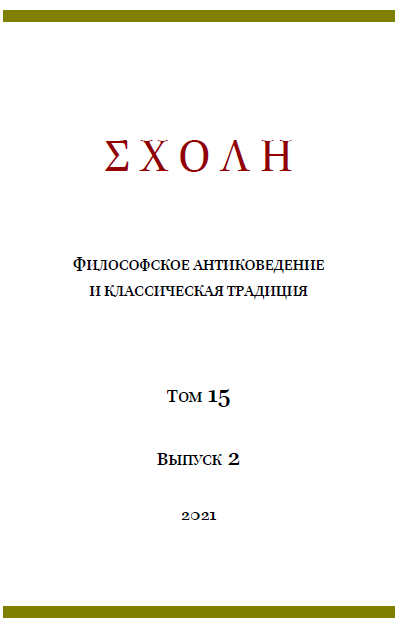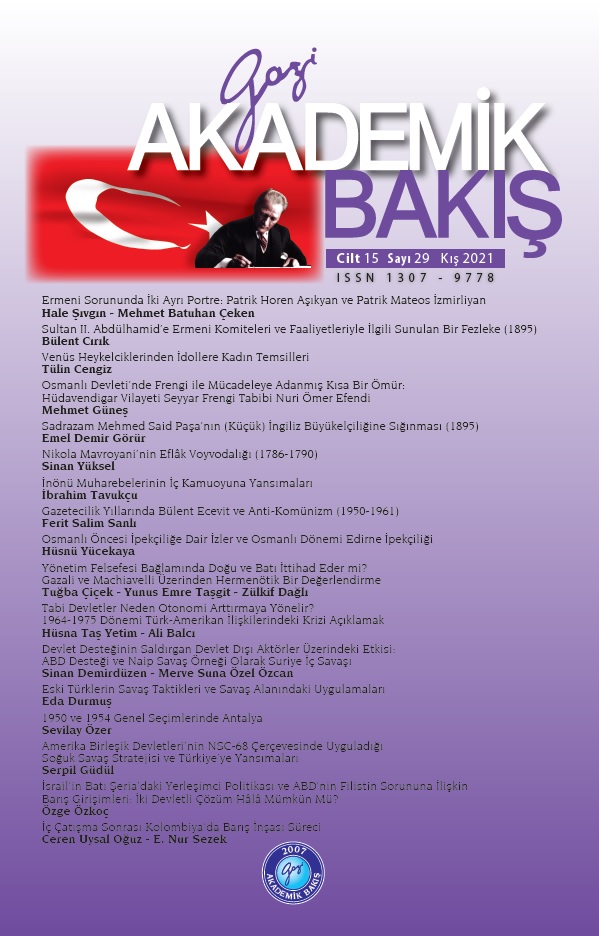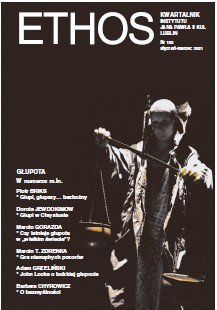РЕНЕСАНСНА КОНЦЕПЦІЯ ДОЗВІЛЛЯ ЗА ТВОРАМИ ПЕТРАРКИ
Purpose of the research is to study theoretical reflections of leisure and leisure practices in the works of Petrarch, who found the important for Renaissance culture ideal of contemplative outdoor leisure. A methodology of the research consists in using methods of analysis, synthesis, comparison, generalization as well as terminological, ideological-substantial and historical approaches. It gave a chance to reveal the features of formation of Renaissance model of leisure that emerges at the crossroads of theological and anthropocentric integral coordinates. Scientific novelty lies in the fact that in the national culturology it is the first attempt to form the Renaissance conception of perfect leisure (through the works of Petrarch) and to justify its features. The study characterizes the principles, which form the basis of Renaissance leisure, among them there are knowledge of God, knowledge of myself and others; belief in intellective power and opportunities of human improvement, the necessary condition for which is "calm clearness of soul" and development of the own dignity and humanity and combination of moral, religious and social constituents of the process of formation of personality. Conclusion. It has been proved that ideal of Renaissance leisure is leisure devoted to literary and science study and philosophical con-templation and spiritual self-perfection. The paper explains that conditions of contemplative leisure are solitude that gives person happiness and calm having a joyful leisure in its base, while urban style of life is based on dull work; "internal freedom" and availability of free time and friend, who makes solitude bearable without disturbing it; intellectually full lessons not limited by any external conditions; certain level of "preparation" and ability of personality to solitary life. A sense of such solitude and style of life consists in achieving human happiness that is impossible without leisure and freedom
More...
